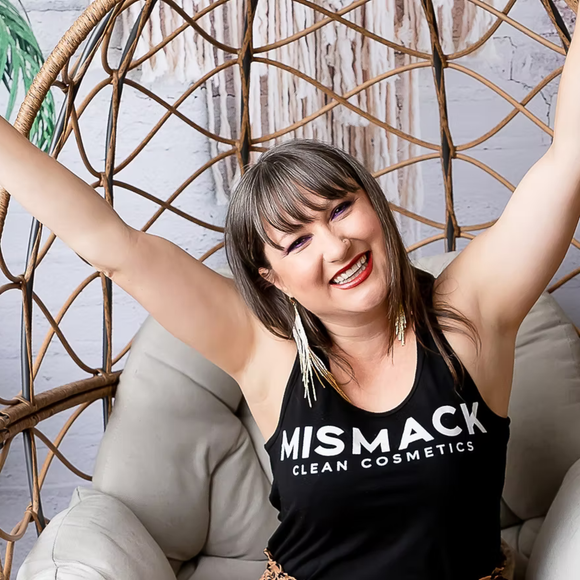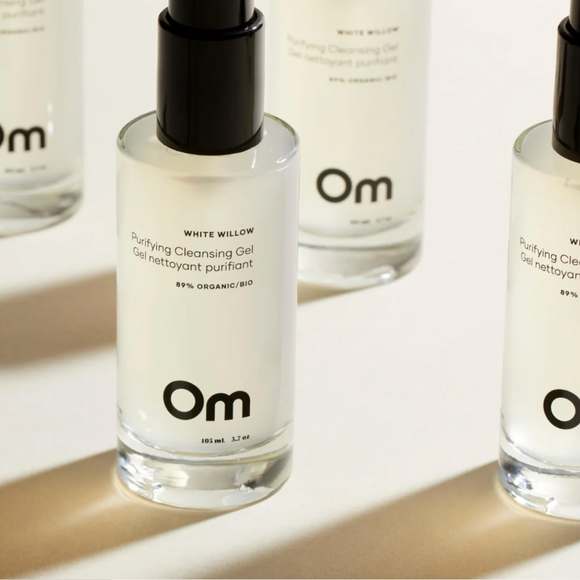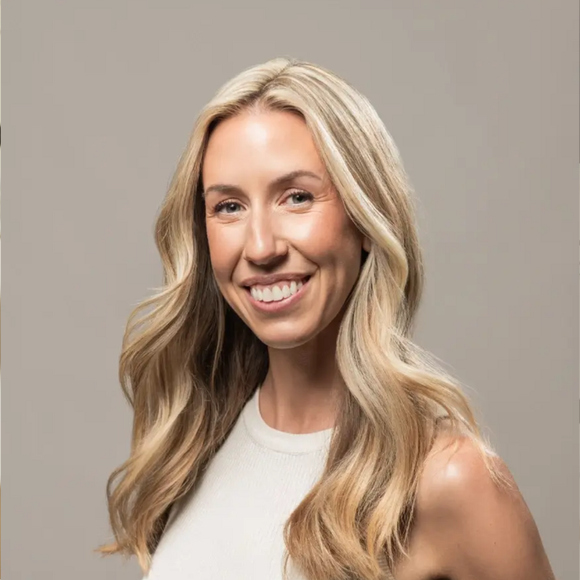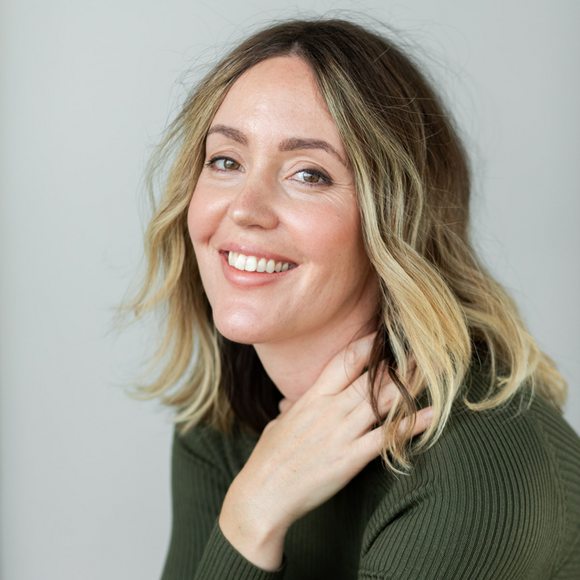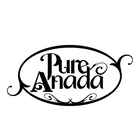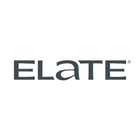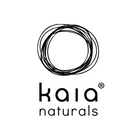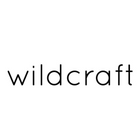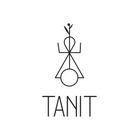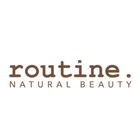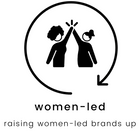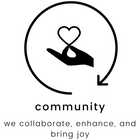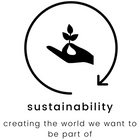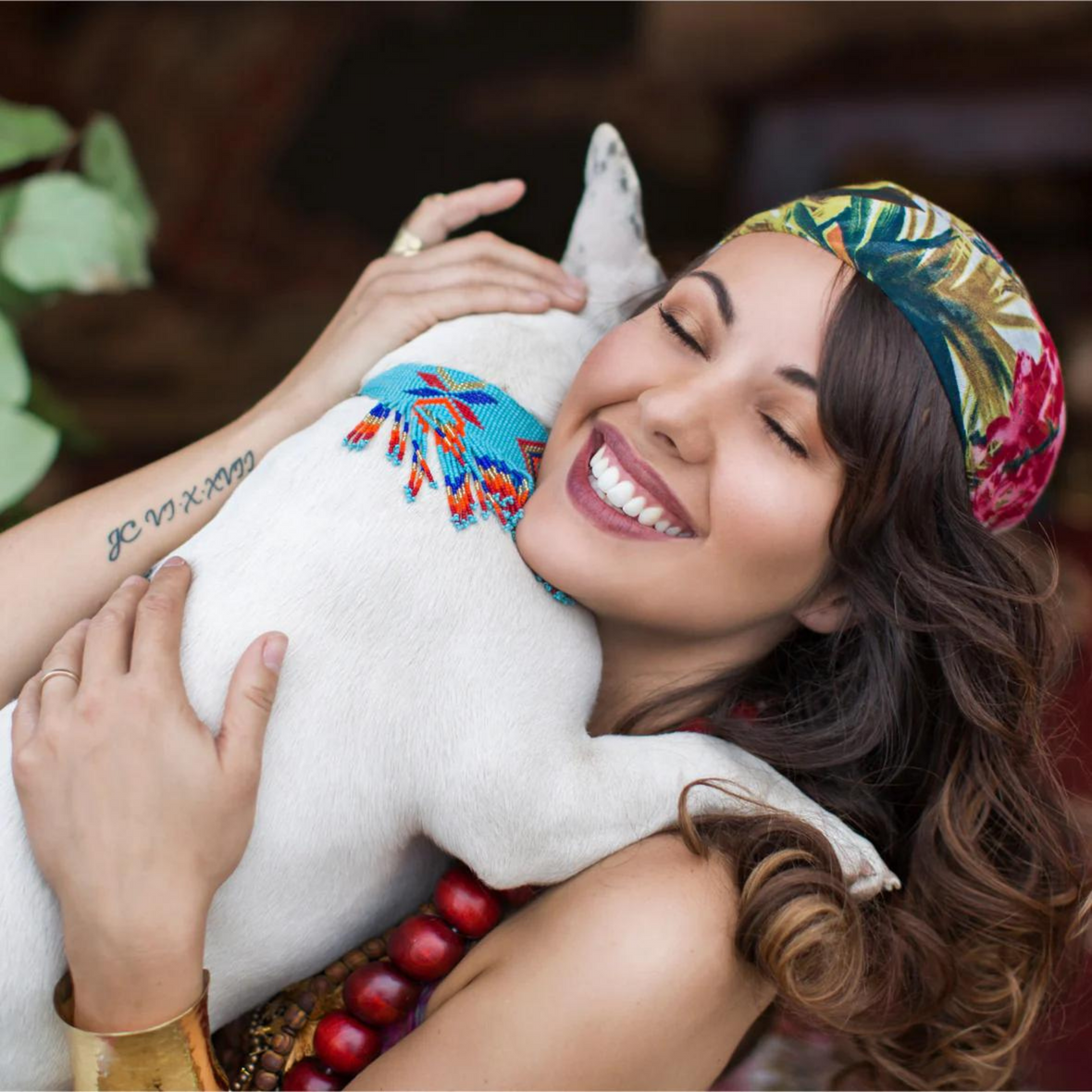
what does cruelty-free beauty look like?
The majority of the population doesn’t think deeply about the behind-the-scenes details on their cosmetics or skincare.
There is a lack of awareness surrounding the amount of cruelty that goes on in the beauty industry because sometimes it’s easiest to just pretend that cruelty isn’t a regular practice in the beauty industry – but it is. And we have perpetuated a beauty industry that not only practices cruelty to animals, but to children as well.
We need to shift into a new mindset for today’s version of beauty and that is an authentic, wise, educated, and conscious beauty – the conscious consumer who places importance on the values that create our beauty industry. We encourage the consumer who works to change the world, by changing their spending. Who digs deep enough to know that your lipstick’s bright red hue was created with a dye made of up 70,000 crushed beetles. (Hint – these cochineal beetles are used in food too!) What we are providing you is the information that should be readily available to everybody, that should not have to be dug for. We are not here to tell you what is right and what is wrong, that’s for you to decide.
The same way that you should be able to trust the companies you support to make the ethical decisions to refuse to allow any forms of cruelty to occur in the beauty industry. We’re not looking to cruelty-free cosmetics as an ‘alternative’. Cruelty-free in beauty needs to be the standard, the first practice. The only practice.
animal cruelty
Once rampant, the practice of animal testing is slowing down. Phew. Mostly because the conscious consumer (that’s you!) is doing something Portia-Ella loves, adores, and promotes, and that is called -
Voting With Your Dollar
This is not to say that the practice of testing cosmetics on animals is over. It’s far from it. We have unfortunately created an industry where thousands of chemicals, preservatives, and additives have been tested on animals already. There is no way to go back in time to end this practice, and this is the present we live in. The fact is that although your cosmetics have likely already been animal tested, going back as far as the 1940s, these ingredients and chemicals have already been tested. They should not be currently animal tested. The times were a lot different back then, and people as a whole were a lot less conscious. Luckily we’ve evolved. And so have our methods.
This is a synthetic skin. Kind of creepy, right? It actually boasts a 90% effectivity rate in testing for skin reactions in humans, whereas the same tests on a shaved guinea pig are only 72% effective. This is the future (and present) we have been waiting for. These are our alternatives that we have been striving to create! (PS – these methods are more cost-effective than testing on animals too.)
Looking at alternatives like this, it’s easy to see why a whopping 28 countries within the European Union have entirely banned the practice of animal testing as of 2013. Keep in mind too … it’s only NEW ingredients that are still being tested on animals. Remember those thousands of ingredients we’ve already okayed?
There are still companies whose cosmetics are manufactured overseas where the regulations are a bit more relaxed, and these companies are the likely culprits for modern-day animal cruelty practices. In China, the government conducts mandatory animal testing on all cosmetics – making those cosmetics coming from China, 100% animal-tested. Recently, large retailer brand Covergirl pulled all of its products off of shelves in China and is certified 100% cruelty-free. This is an example that the rest of the major beauty industry needs to be setting – that we won’t stand for animal testing, and that it should not be required.
Portia-Ella cosmetics and products have a cruelty-free guarantee – our selection process is quite intense. We work entirely with brands whose products are 100% Canadian and fall within the FairTrade practices, and are certified cruelty-free.
“There is nothing beautiful about child labor or animal cruelty in the production of our self-care products. Beauty should be ethical from the inside out.” - Devika DeRaj, Portia-Ella Winnipeg
carmine
Back up, what was that before about the beetles? In my lipstick?
In your lipstick, other cosmetics, and in your food. Carmine also goes by the names – cochineal, cochineal extract, crimson lake/carmine lake, natural red 4, C.I. 75470, or E120 is made of bugs. Cochineal beetles to be exact.
The practice of using cochineal beetles as dye originated in Mexico and was discovered thousands of years ago when somebody accidentally crushed one of these beetles and saw the resulting vibrant red that became a coveted secret for hundreds of years. Looking at modern beauty practices, does this fall within the guidelines of cruelty-free cosmetics? So then, what’s the alternative?
Well … synthetic dyes. Which may or may not be safe for human consumption.
Safe colorants include -
Mineral pigments such as micas, oxides and ultramarines.
Unsafe colorants include -
Synthetic dyes called ‘lakes’ which are created by reacting dyes with an inert binder such as a metallic salt. These heavy metals can be toxic to humans.
The use of these synthetic lake dyes mixed with heavy metals have been proven as known carcinogens, and extremely dangerous for human consumption. Which … also doesn’t fall within the guidelines of cruelty-free cosmetics. We’re not here to judge anybody’s decisions, but to provide the best possible options. As a company and retailer, we have simply chosen to forgo carrying products that contain carmine beetles, and focus on companies who create products with safe synthetic dye alternatives. Those are our ethics.
We’re showing the angles of all forms of cruelty in the beauty industry. Your ethics belong to you, and to you alone. You should be able to make the decision for the cruelty-free option that makes the most sense to you.
mica
One of the less talked about practices in the beauty industry is not cruelty towards animals, but instead cruelty towards children. There is currently an estimated 22,000 children working in slave labour conditions in India, where 60% of the world’s mica resources are found and mined. Their sole job is to mine mica. For this, they are paid anywhere from 39 to 58 cents Canadian per day.
Mining mica is exhausting, physically demanding, and dangerous. Mia is a natural mineral resource found in most cosmetics to give them a shimmer and a shine. You’ll find it in your lipsticks, highlighters, foundations, and nail polishes. It’s entirely harmless to humans except for the ways it is traditionally gathered. When forced to mine mica, children are being deprived of childhoods and any possible education and working in slave-like conditions. The mines are filled with dust and minerals which gather in the lungs and cause infections, disease, lung damage, and in some cases even death in these unsafe work conditions the children are being forced into.
"It's absolutely heartbreaking to know that in the beauty industry, cruelty-free can still mean that children were used to mining these ingredients." - Julie Michaud, Portia-Ella Founder & CEO
When your cosmetics say ‘cruelty-free’ are they including unethical production of mica? There are options to ethically source mica.
Some brands, like Pure Anada, have gone up and above simply ethically sourcing their mica, but work with mica mining companies who donate a percentage of their incomes to sending these children in India to school, when they otherwise may also have fallen suit into the dangerous mining practices.
It takes a lot of effort, dedication, and research into what makes cosmetics cruelty-free, and what the different interpretations of cruelty-free may mean. Sometimes we can only choose the MOST ethical option. We know that the truest beauty lies within the conscious consumer. That the ones who are casting their votes for clean beauty, and are aware of the vital issues in the cosmetics industry, are the ones who are pushing for a change. Maybe until you read this you weren’t entirely aware of the unjust practices that do occur behind closed doors, and that’s okay.
At the end of the day YOU make the powerful decisions that impact the world. YOU choose your ethics, and we give you the power to decide. We give you the outlet where your decision changes the world from what was once, to what could, should and will be –
A world, and a beauty industry, that’s cruelty-free.

